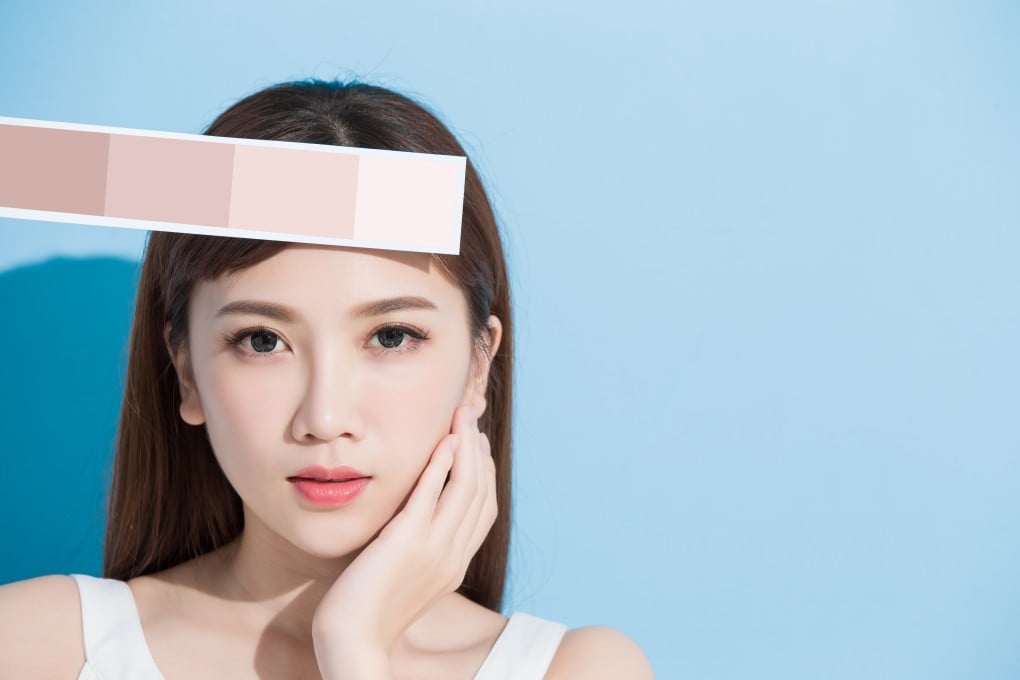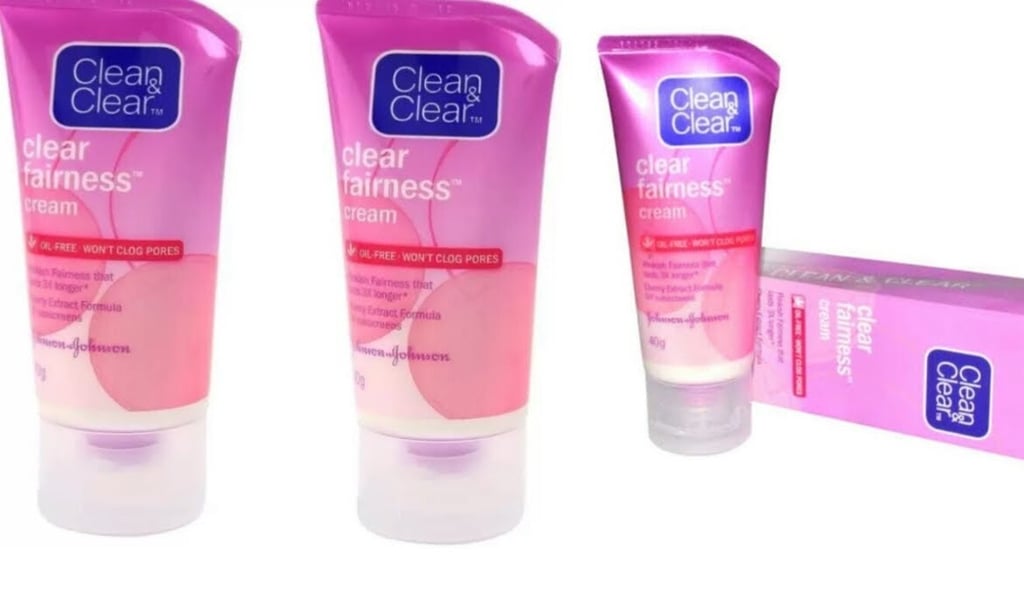Asia reacts to Johnson & Johnson skin-whitening creams’ withdrawal: ‘pure racism … our rights are being infringed’
- Johnson & Johnson’s withdrawal of its Clean & Clear fairness and Neutrogena Fine Fairness lines divides Asian social media users, with some incredulous
- Hong Kong social media user writes it is ‘pure racism and sexism towards Asian women’, while a Twitter user calls it a disgrace; another user welcomes the move

Johnson & Johnson has decided to stop selling skin-whitening creams popular in Asia and the Middle East, after such products have come under renewed social pressure in recent weeks amid a global debate about racial inequality.
The company will stop selling its Clean & Clear fairness line of products, sold in India, a spokeswoman told Reuters. It was reported earlier this month that it would drop its Neutrogena Fine Fairness line, available in Asia and the Middle East.
Reactions to Johnson & Johnson’s decision on social media ranged from the incredulous to the supportive. “Pure racism and sexism towards Asian women. Our rights as [an] ethnic minority are being infringed [upon],” wrote a commenter based in Hong Kong.
“Her body her choice,” wrote a social media user on Twitter, while another said: “A disgrace. If people want to buy them, they have a right to do it.”

Another use on Twitter wrote: “This skin whitening business is such a sham and a drudgery. It’s a mind conditioning exercise that leads you to believe that having a white complexion will help elevate or make you escape the truth of your being. I welcome this change.”
In its announcement, Johnson & Johnson said: “Conversations over the past few weeks highlighted that some product names or claims on our dark spot reducer products represent fairness or white as better than your own unique skin tone. This was never our intention – healthy skin is beautiful skin.”